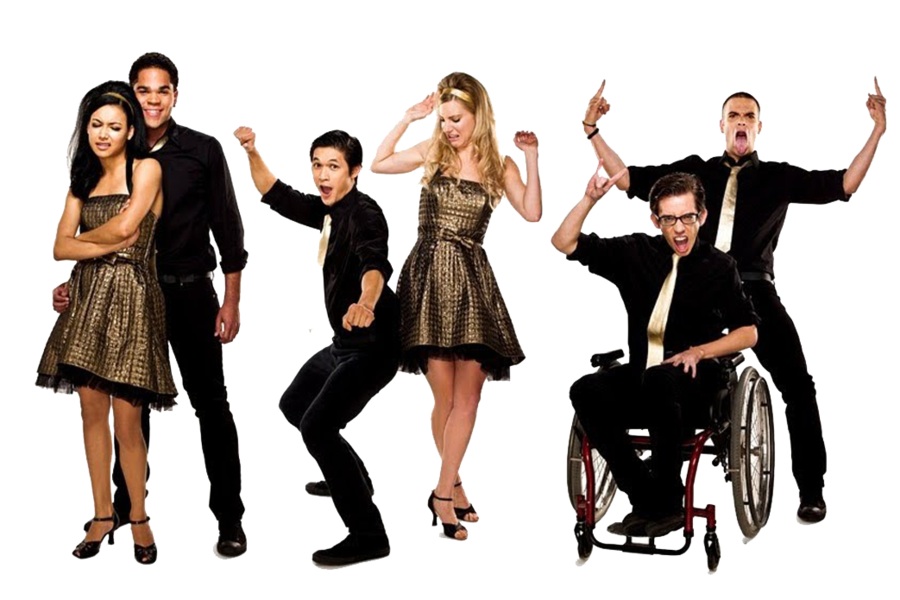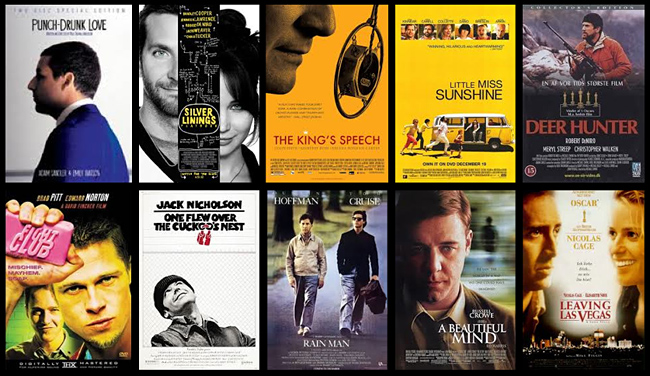Exploring and re-evaluating my deaf identity, with the help of the film ‘My Song’
By DeafStudent
Yesterday, I suddenly realised something. The user name on my blog, DeafStudent, really is wrong. I’m not a deaf student.
I’m a student who happens to be deaf.
I know that some of you may be thinking, ‘big deal, so what?’, but it’s actually quite important. For me, my primary associative identity is the student part, not the deaf part.
I’m a student, I’m aspiring to be someone in my field, a published author, a respected lecturer, I’m all of that.
I have other identities too, other labels that society likes to slap on people – my gender, my skin colour, my sexuality, my marital status.
In all of that, being deaf is just another label for me. It represents what I struggle with, what I cannot do. It is very much a negative association, never a positive. I do what I do, achieve what I have, despite my deafness. It is a thing to be battled against. A war to be fought.
And by the way, I’m not by any means suggesting it should be this way for everyone. Many people are very proud to be deaf, to champion Deaf culture and language – and more power to them.
This blog post is about my thoughts, about my expression of my identity, and right now, I’m struggling to figure something out – when I get like this, I write. So bear with me.
I watched ‘My Song‘ yesterday, for the first time. It’s a wonderful, well acted and written, short drama from 2011 exploring deaf identity and language, portraying a teenage deaf girl, Ellen, learning BSL, making her first steps into the deaf world and the reactions – both negative and positive – to those steps, from the hearing people around her, to the deaf people she encounters...
Read the complete post at Limping Chicken.
http://limpingchicken.com/2015/06/17/deaf-student-deaf-identity/
SPORK! Similar Picks







